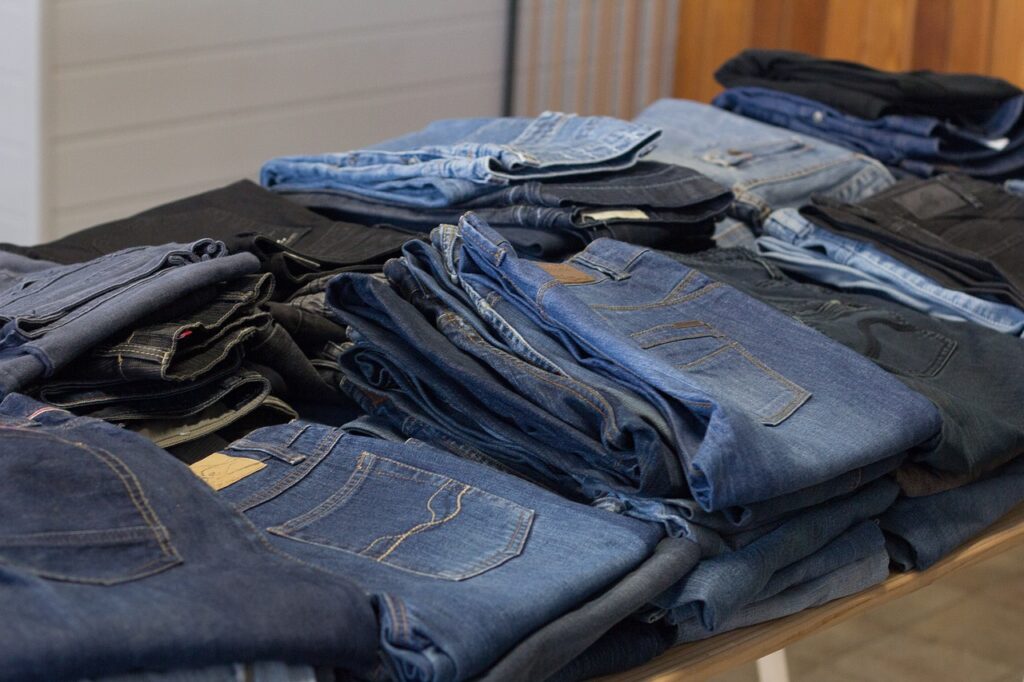Thrift Ban at Jakarta’s Pasar Senen: Implications for Indonesia’s Apparel Market

The Pasar Senen Thrift Ban
In late October 2025, Indonesia’s Finance Minister Purbaya Yudhi Sadewa announced plans to revamp Jakarta’s Pasar Senen, one of the country’s largest hubs for imported secondhand clothing. The policy aims to replace thrifted goods with locally made apparel, part of a broader effort to strengthen domestic manufacturing and reduce reliance on imports.
On the ground, however, traders expressed concern. Many argue that local products struggle to match the affordability that has made Pasar Senen a thriving market.
“People come here looking for cheap, good-quality items,” one vendor said. “If we bring in new local clothes, nobody will buy them.”
The (Complicated) Problem
This plan just revealed a common challenge in Indonesia’s apparel ecosystem: while local brands have grown in areas like streetwear, modest fashion, and sustainable clothing, the low-cost segment remains dominated by secondhand imports from. Price, convenience, and consumer perception continue to favor thrift goods over new domestic products.
For local manufacturers, the situation presents both opportunity and challenge. A large, price-sensitive customer base exists, but capturing it requires rethinking pricing, supply chains, and distribution networks. Success depends not only on product availability but also on aligning quality, style, and affordability with consumer expectations.
The thrift market also sustains thousands of small traders and informal workers. Any shift in policy affects not just production but the livelihoods of people embedded in the supply chain. Hybrid solutions — including repurposed overstock, collaborations with thrift vendors, or recycled local fabrics — could help bridge the gap between government objectives and market realities.
Conclusion
Ultimately, the Pasar Senen scenario highlights a broader tension in Indonesia’s apparel industry: balancing the growth of local manufacturing with the entrenched consumer behavior of price-conscious buyers. For producers and investors, the key takeaway is clear: success in this segment hinges less on regulation and more on understanding and responding to market dynamics, building trust, and delivering tangible value to the end consumer.
Markets are constantly evolving. We help businesses respond effectively by connecting them with the right local production partners, suppliers, and insights to stay competitive. Contact us for more info.
Related Articles
Recent Posts
- Livestreaming: A Localization Needed in ASEAN Countries
- Success Stories of Japanese Traditional Brands Overseas
- Impact of Spain’s Pork Import Suspension and the Emerging Potential of Alternative Meat
- Case Study on Chatterbox’s Expansion to Japan: How Local Expertise Attracts Global Brands
- Singapore Employment Pass Update: COMPASS “20-Point” Universities for Overseas Professionals







